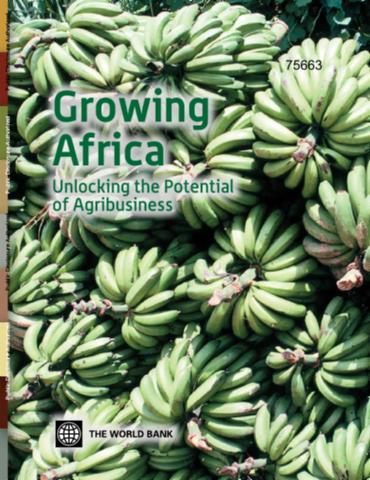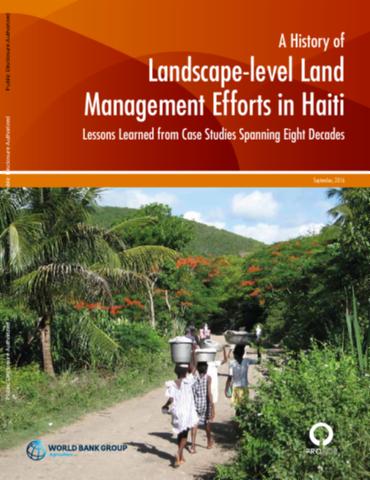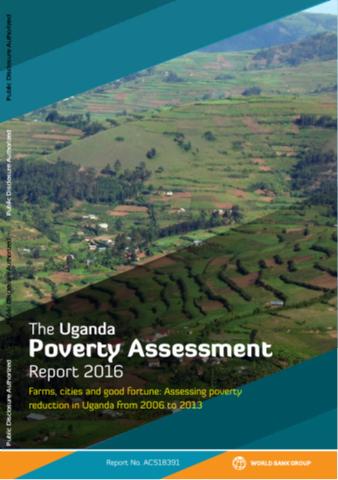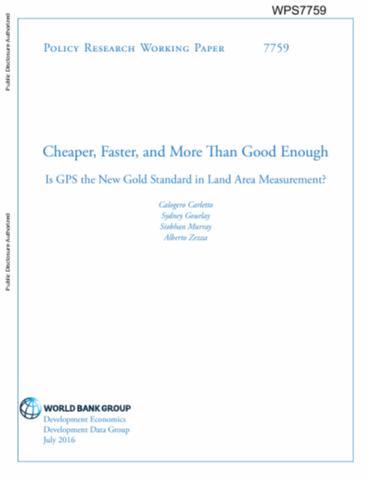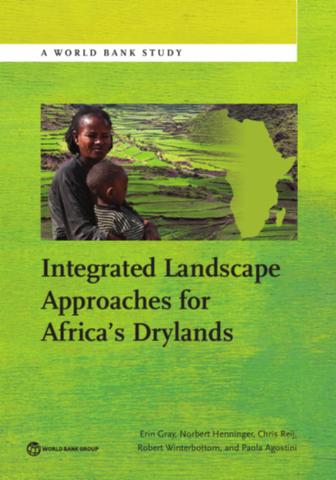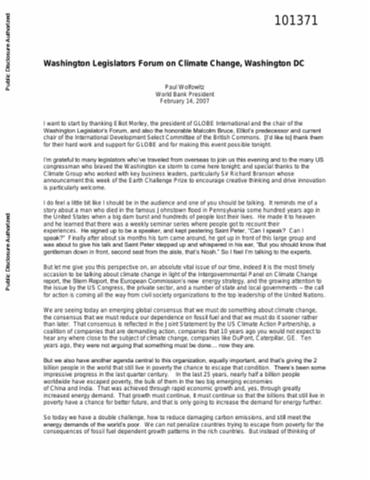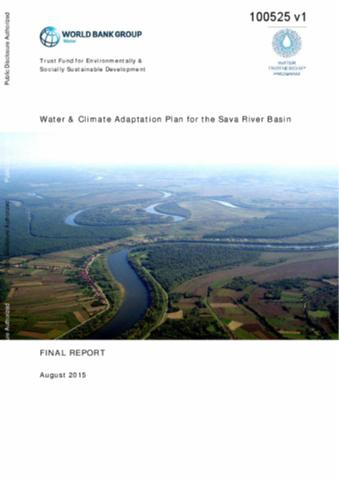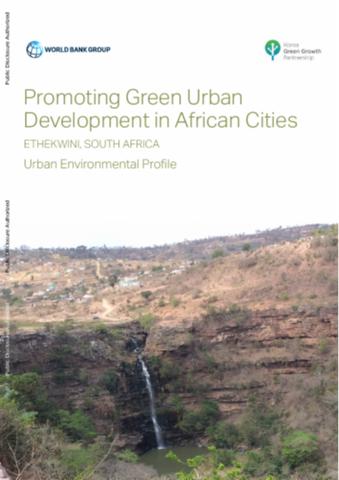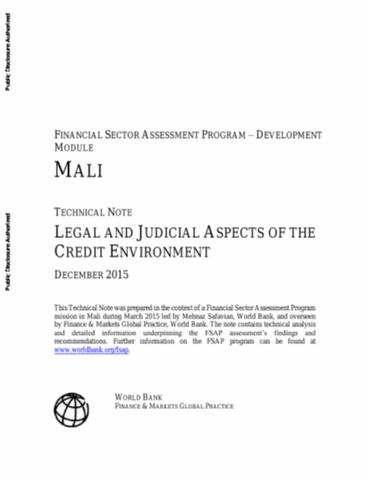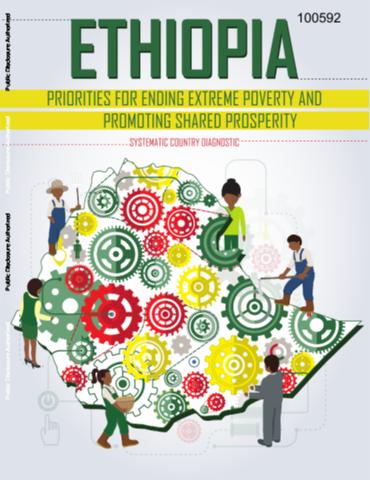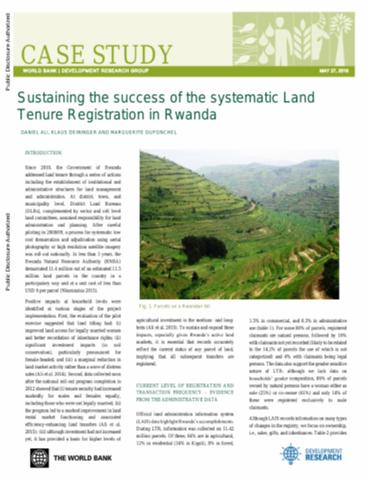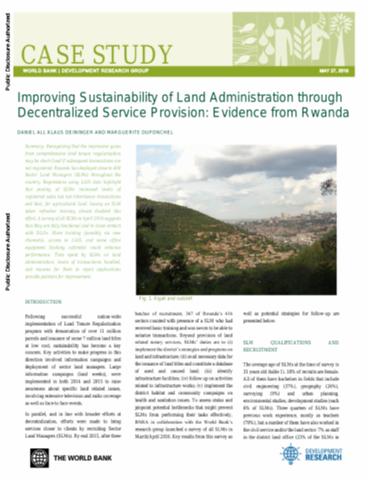Growing Africa
This report highlights the great potential of the agribusiness sector in Africa by drawing on experience in Africa as well as other regions. The evidence demonstrates that good policies, a conducive business environment, and strategic support from governments can help agribusiness reach its potential. Africa is now at a crossroads, from which it can take concrete steps to realize its potential or continue to lose competitiveness, missing a major opportunity for increased growth, employment, and food security. The report pursues several lines of analysis.

